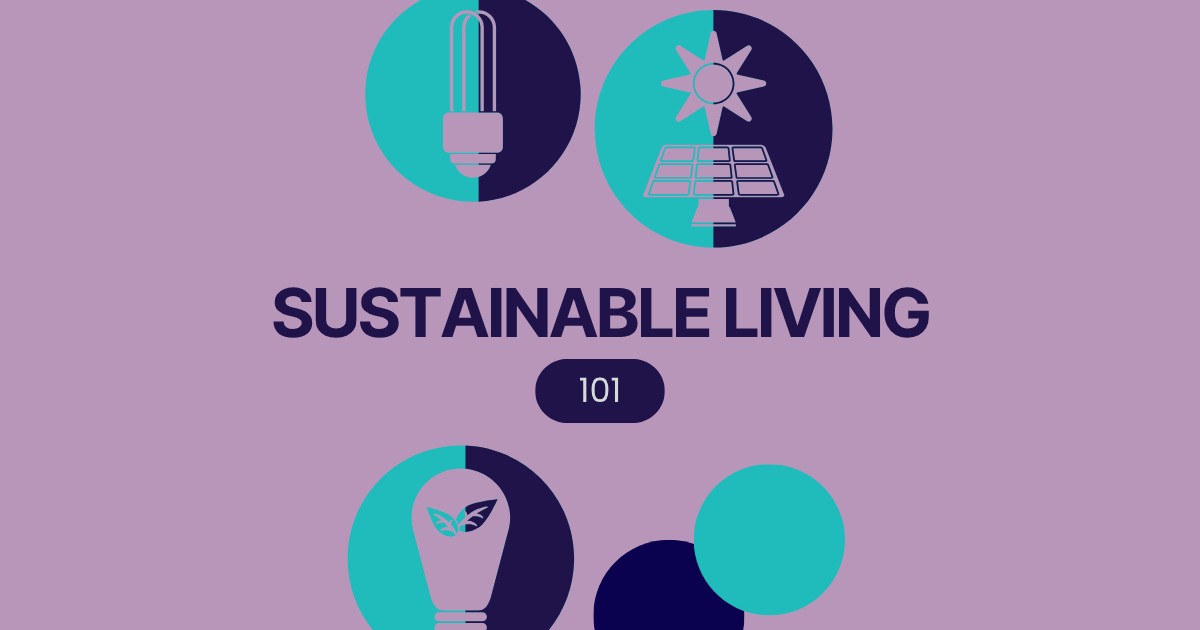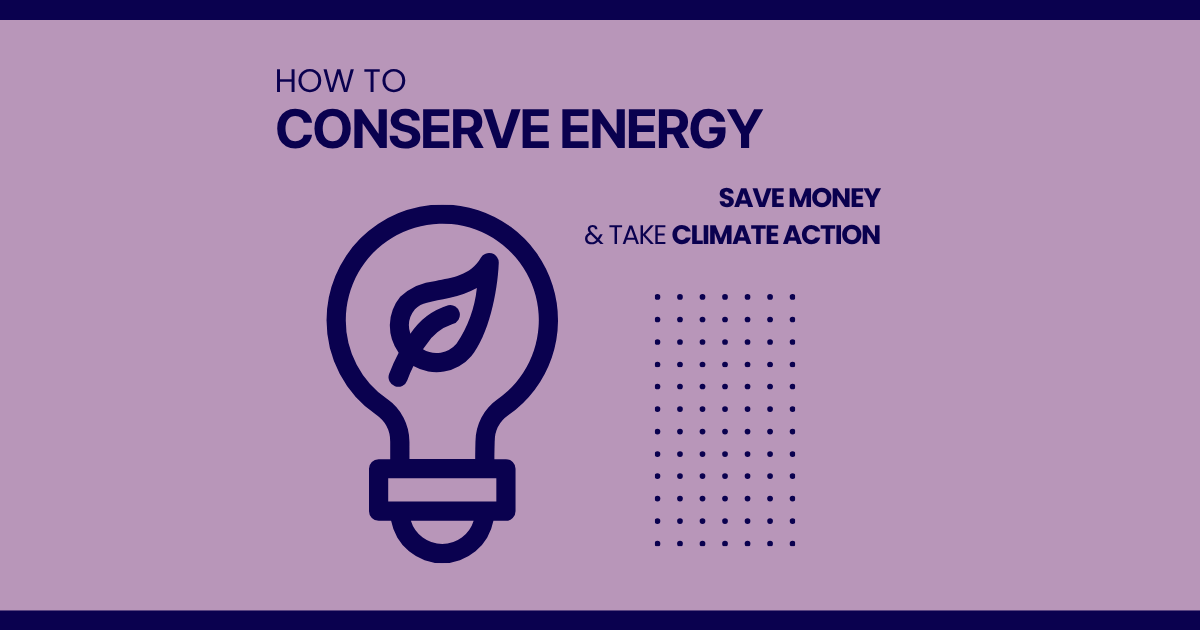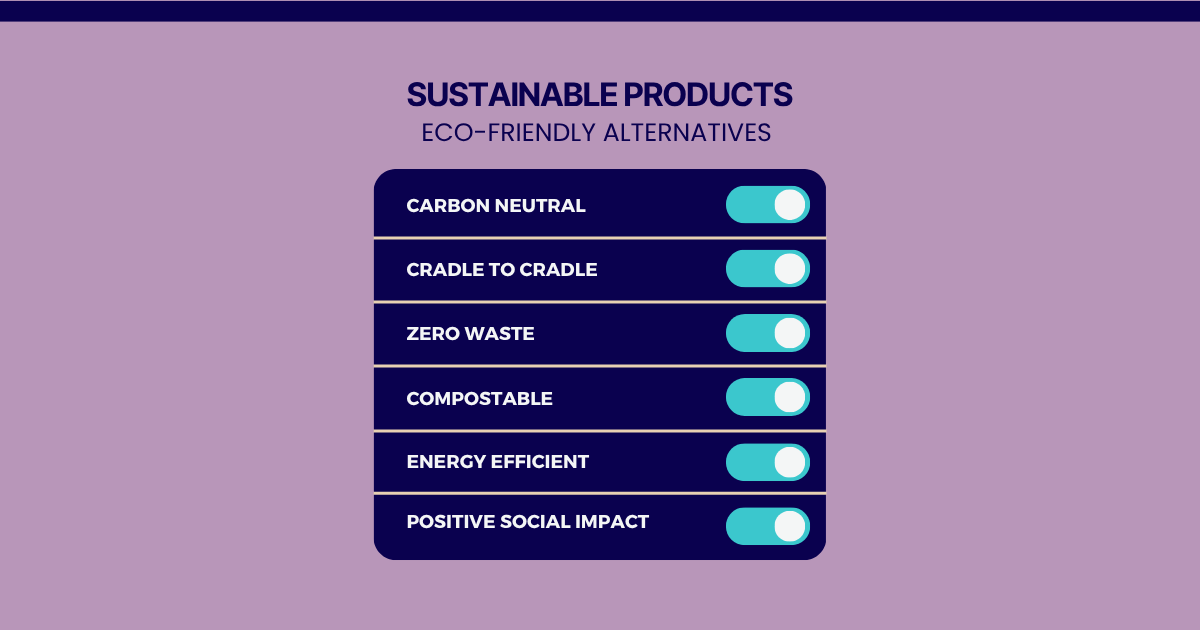
An evidence-based sustainability and climate action resource launched in April 2020, born from the intersection of global lockdowns and my Master of Environment studies at the University of Melbourne. When travel blogging became impossible during the pandemic, Sustainability Cubed emerged as a platform to share practical, science-backed guidance on sustainable living and climate action.
-> Take action at Sustainability Cubed
The site operates on three core principles: individual action through personal choices, collective effort to amplify impact, and systemic change through advocacy and voting. Content is deliberately accessible, targeting people who recognise the need for sustainability and climate action but don't know where to start. Every recommendation is grounded in academic research and linked to credible sources, reflecting my background in environmental studies.
My specialisation in sustainable food systems heavily influences the content, with comprehensive guides covering everything from Sustainable Living 101 to energy conservation and urban horticulture. The writing balances practical, actionable advice with academic rigour, making complex environmental research accessible without dumbing it down.
Posts range from beginner-friendly introductions to more detailed explorations of specific sustainability topics. Key content includes foundational guides on sustainable living, energy conservation strategies, and detailed explorations of food system sustainability. The approach is global in scope, recognising that climate action requires worldwide participation while acknowledging that solutions must be locally relevant.
Currently on pause while I focus on other projects, Sustainability Cubed represents four years of translating academic environmental knowledge into practical guidance for everyday people. The site serves as both an educational resource and a personal archive of my transition from travel blogger to sustainability advocate, documenting the learning journey that accompanied my formal environmental studies.
The project demonstrates how individual expertise can be shared to support collective climate action, one evidence-based post at a time.







Comments